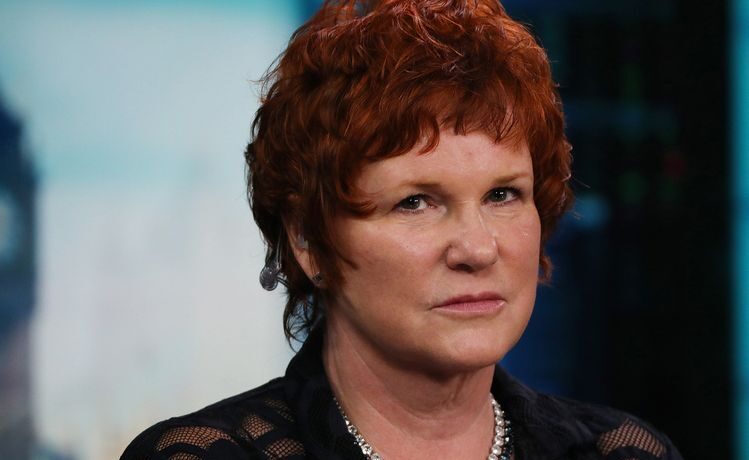Baroness Bowles of Berkhamsted is a Liberal Democrat peer. She was a member of the European Parliament between 2005 and 2014 and is a former chair of the European Parliament’s Economic and Monetary Affairs Committee.
UK investment trusts have transformed since the first one was founded in 1868. A British success story, they have become an attractive way for institutional and retail savers to access investment opportunities such as infrastructure, growth companies and renewable energy.
But the sector is under threat following a series of legislative time bombs that have detonated under it in recent years, forcing misleading information to consumers and making listed UK investment trusts less attractive compared to other global investments.
Between 2014 and 2021 over £22bn was raised through IPOs and nearly £50bn through secondary fundraising. Since 2021, just £40m has been raised through IPOs and £6.5bn has been raised in secondary fundraising.
Redemptions are at record high and foreign companies are buying up UK assets at bargain prices.
The first bomb was the Alternative Investment Fund Manager Directive, introduced across the European Union in 2013 to boost protection for investors in more complex alternative funds.
READ Why LGIM and Abrdn’s AI showdown at Apple won’t be the last
Objections were raised to the inclusion of investment trusts, but they were kept in despite them already being subject to strict regulation as listed companies, offering high levels of investor protection.
AIFMD was just the start, duplicating expensive reporting requirements. Since then, other legislative changes, as uniquely applied by the FCA, have ignored the fundamental structure and regulation attached to investment trusts
The FCA has railroaded investment trusts along a track they should never have been sent down. The regulator has treated them in the same way as open-ended funds, which has given rise to misleading comparison metrics being provided to consumers.
Investors have been duped into thinking they should select investment trusts using the same criteria as for open-ended funds. This includes focus on costs to be deducted from net asset value, which doesn’t properly apply to investment trusts where shares are bought at market value after taking account of all expenses.
It also detracts from the bespoke indicators of premium and discount used for over a century as the important market signposts about investment trusts’ assets, performance and expenses.
Bomb number two came along with Packaged Retail Investment and Insurance Products rules — known as Priips — introduced across the EU in 2018. The clue is in the name: a listed security is not a financial product, yet the FCA pretends it is.
Neither do listed company shares have an amount repayable as the legislation’s definition requires – investors sell shares on the stock exchange. But the FCA’s interpretation of Priips ignores these points making the UK the only country where they are considered included in the legislation.
READ Fund houses fight to lock in private markets talent with new pay deals
Finally, the coup de grace came with MiFID II and the FCA uniquely requiring UK investment trusts to allocate a range of underlying corporate expenses in the same way as open-ended funds report their fees.
This is misleading information as it implies that there are ongoing charges, to be deducted annually from the value of their shares, incurred by investors in investment trusts. This is untrue, because the share price has already factored them in and there is no such ongoing annual deduction from the share value.
The coup de grace would not have happened if, once again, the legislation were interpreted as written.
But the FCA has forced investment trusts into a slot where they don’t belong.
It is also having an impact on open-ended funds. The false allocation is making open-ended funds that hold listed investment trusts declare falsely elevated ongoing charges. As a result, some open-ended funds get shunned in favour of those without listed investment trusts.
The FCA claims it cannot change the rules to help the cost disclosure issue as they are in retained EU law.
But that ignores the fact that the situation only arises because the regulator willfully misinterprets how value should be interpreted, claiming it means deductions from the net asset value despite the legislation referencing deduction from the investment, i.e. the all-in share value into which such expenses have already been factored.
The disaster that is destroying over a third of the FTSE 250 could be stopped tomorrow. All the FCA would need to do is change their gold-plated and misleading interpretation of value in MiFID II.
Years of legislative change and the FCA’s gold plating of EU rules means UK investment trusts have unfair competition internationally and billions of investment that could be in UK industries is being drained out of the UK.
The FCA so far remains largely intransigent, but the Government could well make use of Baroness Altmann’s private member’s bill being debated on 1 March. It covers all these issues on which we have been working and would set the correct reference path of travel for listed investment trusts.

















